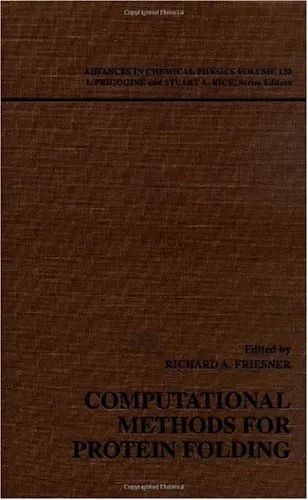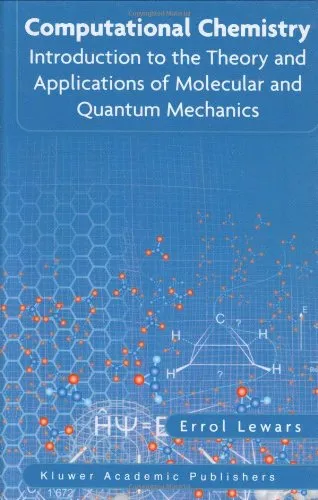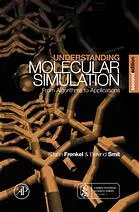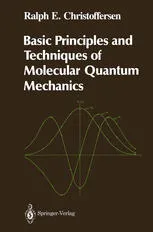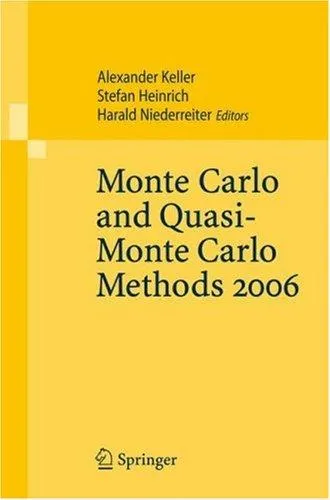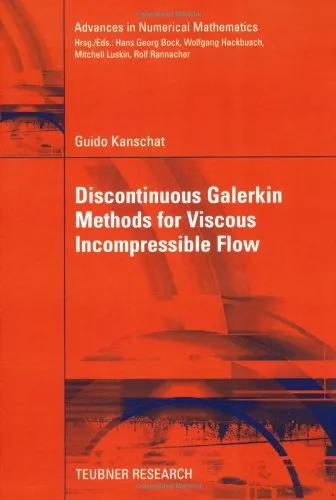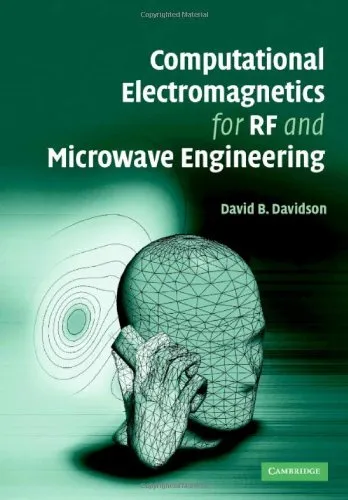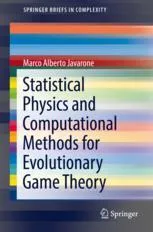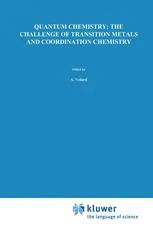Advances in Chemical Physics, Computational Methods for Protein Folding
4.5
Reviews from our users

You Can Ask your questions from this book's AI after Login
Each download or ask from book AI costs 2 points. To earn more free points, please visit the Points Guide Page and complete some valuable actions.Related Refrences:
Welcome to the world of protein folding, a captivating domain within the broader field of chemical physics. "Advances in Chemical Physics, Computational Methods for Protein Folding" is a pivotal resource that delves deep into the methodologies and advancements driving our understanding of protein folding mechanisms. Authored by Richard A. Friesner, this book serves as an integral guide for researchers, academicians, and anyone keen on exploring the intersections between computational techniques and biological phenomena.
Detailed Summary of the Book
The book is an enlightening journey through the sophisticated landscape of computational methods applied to protein folding. It offers a comprehensive examination of the theoretical underpinnings and practical implementations of computational strategies that have revolutionized our ability to predict protein structure and dynamics. Structured into coherent sections, it begins with an introduction to the fundamental concepts of protein structure and the thermodynamic principles governing folding processes. As readers progress, they encounter detailed expositions on simulation models, including molecular dynamics and Monte Carlo methods, which serve as the backbone for computational analysis. The book discusses the role of computational algorithms and provides insights into the development of new models that enhance predictive accuracy. Through meticulous exploration, Friesner highlights breakthroughs in quantum mechanical methods and their contribution to understanding electronic configurations and energy states within proteins. Of particular interest is the coverage of hybrid methods, which combine various computational techniques to overcome limitations inherent in individual approaches. The book also emphasizes the role of machine learning and artificial intelligence in advancing predictive models, offering a glimpse into the future of computational protein folding.
Key Takeaways
The book synthesizes complex concepts into actionable insights, making it a vital resource for anyone involved in computational biology. Key takeaways include:
- The critical role of thermodynamics and kinetics in understanding protein folding pathways and misfolding mechanisms.
- An appreciation of the diversity and scope of computational tools available for modeling protein folding.
- Insights into the intricate balance between speed and accuracy in computational predictions.
- Understanding of how interdisciplinary approaches, integrating quantum mechanics, classical mechanics, and AI, are shaping the future of the field.
Famous Quotes from the Book
Throughout the book, Friesner articulates profound thoughts that resonate with both novices and seasoned researchers. Here are a few memorable excerpts:
"The dance of proteins within the cellular milieu is a choreography dictated by the laws of physics—a performance unveiled by computational prowess."
"In the convergence of algorithms and atoms lies the promise of deciphering life's most enigmatic structures."
"As we illuminate the pathways of protein folding, we edge closer to mastering the subtle artistry of nature's design."
Why This Book Matters
This book stands at the forefront of a scientific revolution, bridging the gap between theoretical models and practical applications in biotechnology and medicine. It matters because it empowers us to tackle fundamental questions about protein misfolding diseases, such as Alzheimer's and Parkinson’s, potentially guiding the development of new therapeutic strategies. By offering a detailed exploration of computational methods, Friesner equips researchers with the tools needed to innovate across various fields, from drug design to synthetic biology. The book also serves as a reference point for educators who seek to imbue the next generation of scientists with the skills and knowledge vital for advancing our understanding of biological systems. In essence, "Advances in Chemical Physics, Computational Methods for Protein Folding" is more than a technical manual—it is a manifesto for the progressive convergence of disciplines in pursuit of understanding the machinery of life.
Free Direct Download
You Can Download this book after Login
Accessing books through legal platforms and public libraries not only supports the rights of authors and publishers but also contributes to the sustainability of reading culture. Before downloading, please take a moment to consider these options.
Find this book on other platforms:
WorldCat helps you find books in libraries worldwide.
See ratings, reviews, and discussions on Goodreads.
Find and buy rare or used books on AbeBooks.
1270
بازدید4.5
امتیاز0
نظر98%
رضایتReviews:
4.5
Based on 0 users review
Questions & Answers
Ask questions about this book or help others by answering
No questions yet. Be the first to ask!
